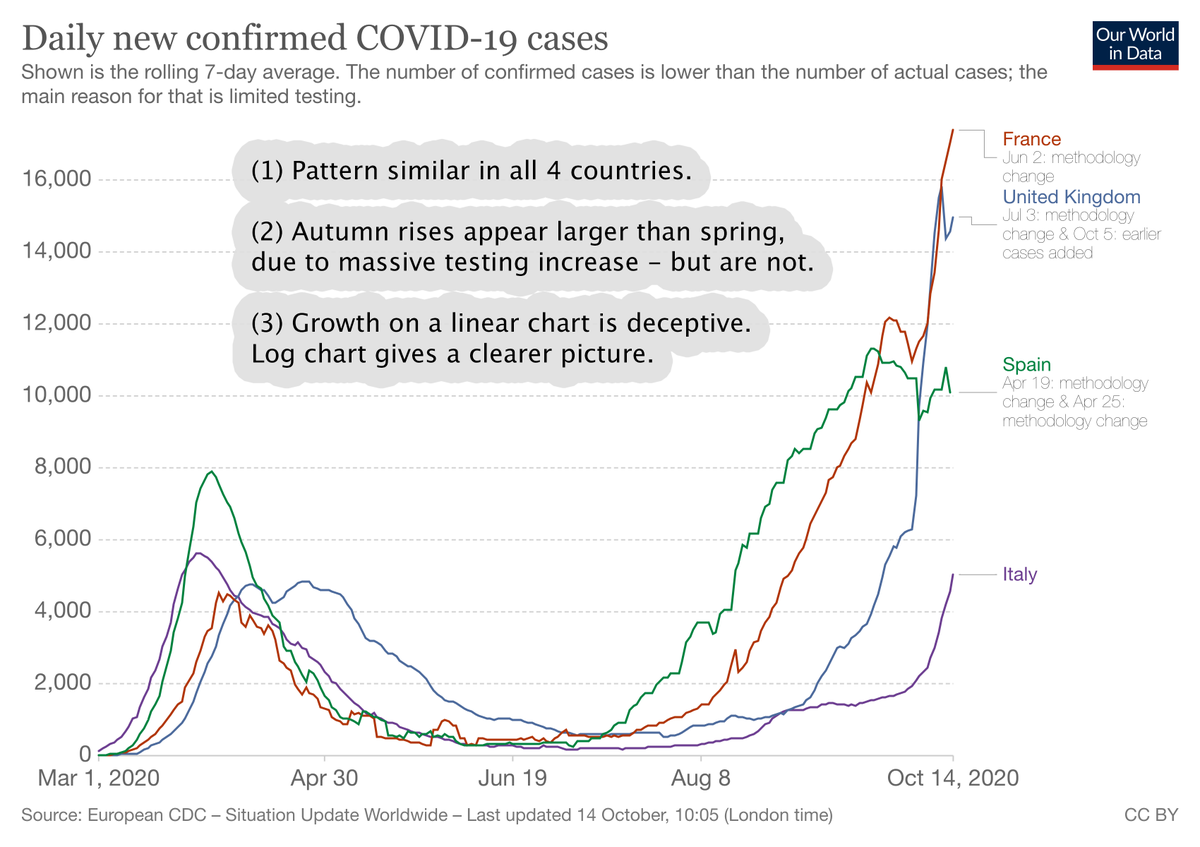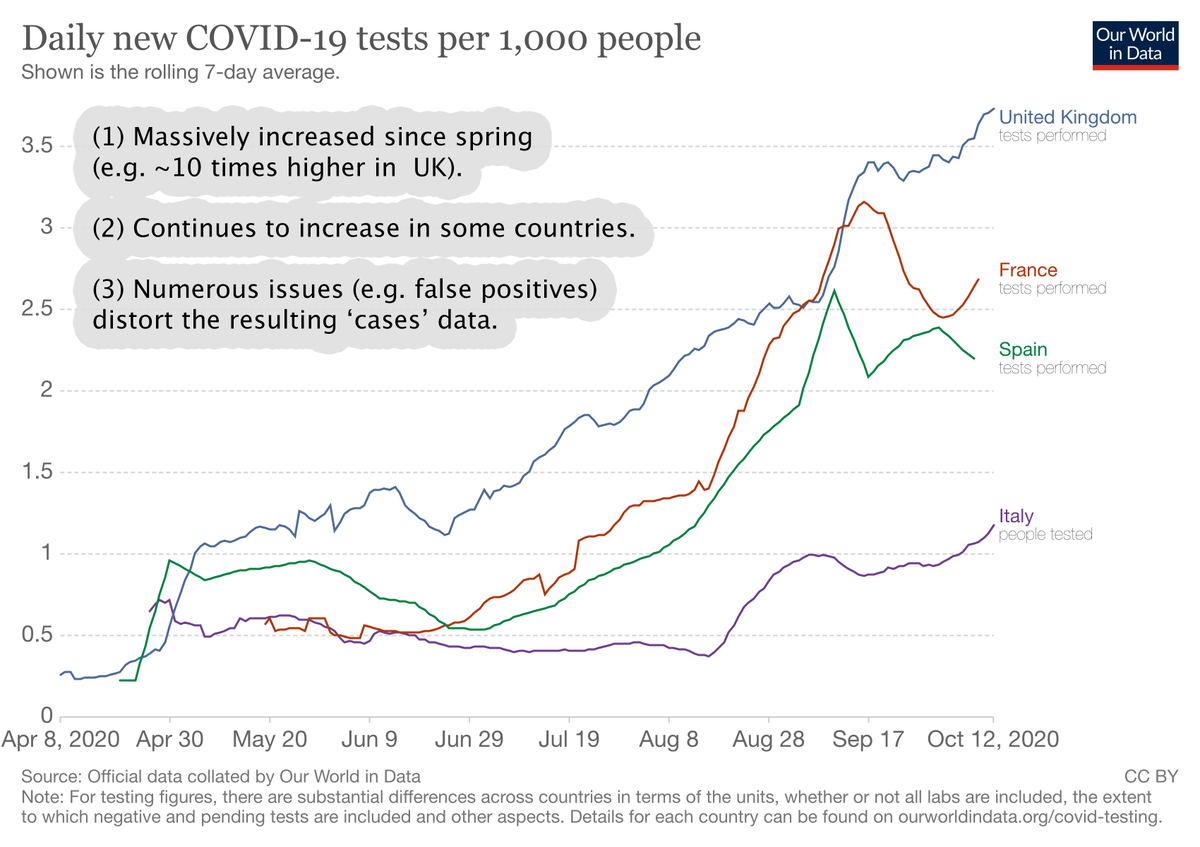
"Professor J Savulescu from the University of Oxford said incentives would help to overcome rising vaccine hesitancy due to perceived safety concerns... he writes in the Journal of Medical Ethics."
Take the vaccine & get cash or a "get out of mask free" card.
Medical Ethics?!?!

Take the vaccine & get cash or a "get out of mask free" card.
Medical Ethics?!?!


The idea of offering someone you've half scared to death and have deprived of normal life (and much more) a partial release from the madness, or some cash, if they agree to accept the risk of a vaccine does not belong in anything that has the word "ethics" in it's title.
Unsurprisingly, also from the same article,
"Prof Savulescu says that there is a case for mandatory vaccination because of the "grave" threat to public health."
"Prof Savulescu says that there is a case for mandatory vaccination because of the "grave" threat to public health."
To be clear & I'm not commenting here on the usefulness or otherwise of a vaccine, should one become available in the future. I am commenting simply on the appalling totalitarian lack of ethics in the ideas of compulsion or "persuasion" being increasingly suggested.
Source article:
news.sky.com/story/amp/coro…
news.sky.com/story/amp/coro…
@threadreaderapp unroll
• • •
Missing some Tweet in this thread? You can try to
force a refresh
























